A Rusty Start
Cowboys pay the price for ultra-cautious approach to Tony Romo's recovery
First of all, Tony Romo’s back is fine. How could it not be after the pounding he took on Sunday against San Francisco, particularly late in the game? It’s the clearest sign yet that his surgically repaired back is in good shape.
But that doesn’t mean that Romo is right, either. That fact was unmistakable after the Cowboys lost, 28-17.
Romo threw three first-half interceptions in the loss. All three were on him. All three were passes forced into coverage and due to failures to read the 49ers defense properly. Two led to 49ers touchdowns. You can’t blame that on a herniated disc, but you can blame it on the nine months the Cowboys ultra-cautiously handled Romo’s recovery from that surgery.
It’s hard to blame the Cowboys for being extra-cautious with Romo, given that without him this team might as well start competing for next year’s No. 1 overall pick in the draft. But this is the price paid for that caution — a rusty Romo out of sync with the rest of his offense.
Romo played less than three quarters of preseason football, and during training camp he sat out every third practice.
Of course, Romo didn’t acknowledge that the way he was handled in the offseason had anything to do with his three-interception performance.
“I think our team played well enough to win, but I have to play at a higher level,” he said.
Jason Garrett, his head coach, didn’t blame Romo’s mistakes on the rust, either. In fact, Garrett was his usual “I won’t get into specifics” self afterward.
“We’re not going to get into that,” Garrett said about how the team handled Romo’s work in training camp and in the preseason. “What we have to do now is evaluate what happened and how we’re going to correct those things going forward.”
But Romo played less than three quarters of preseason football, and during training camp he sat out every third practice. The Cowboys probably knew that Romo might come into the season in need of refinement, even if they didn’t say so publicly. But surely all the mental reps Romo took watching Brandon Weeden and Dustin Vaughan take snaps in practice would make up for it, right?
Well, it was the brain that let Romo down Sunday. Romo’s first interception, picked off by San Francisco’s Eric Reid, was a brilliant bit of disguise by the safety, who hid underneath the Niners’ linebackers as Romo tried to hit Dez Bryant on a crossing route. But that’s also ignoring the two Niners defenders blanketing Bryant at the time Romo threw the ball.
The second was an absolute killer. Knocking on the door of making it a ballgame, Romo tried to force a touchdown pass to his security blanket, Jason Witten. Why he tried, no one had any idea, because Niners linebacker Patrick Willis may as well have been the intended receiver. Afterward, Romo was grilled for forcing a pass to Witten when Dwayne Harris was open on the other side of the field. By the time Romo noticed Harris was open, Romo had already committed to Witten.
Willis told San Francisco-based media that “you couldn’t believe he threw it.” That’s how covered Witten was. The last interception seemed like desperation as Romo underthrew Bryant on a deep bomb in the second quarter.
Romo said something after the game that led me to believe that he’s also pressing. He talked about how the quarterback position comes down to “two or three throws.” The point was that he has to reduce his mistakes.
“I have to make almost zero,” Romo said.
Perhaps that’s Romo’s thinly veiled reference to the Cowboys’ issues on defense. The reality is the defense played a bit better than expected on Sunday, but it also didn’t play well enough to lead me to believe it’s going to scare anyone. So Romo’s rust, combined with the perception that he must do it all, was his undoing on Sunday.
But this isn’t 2012. Romo has help now. These Cowboys have a running game. Romo has decent protection. He doesn’t have to do it all.
So it’s time to stop playing like it.
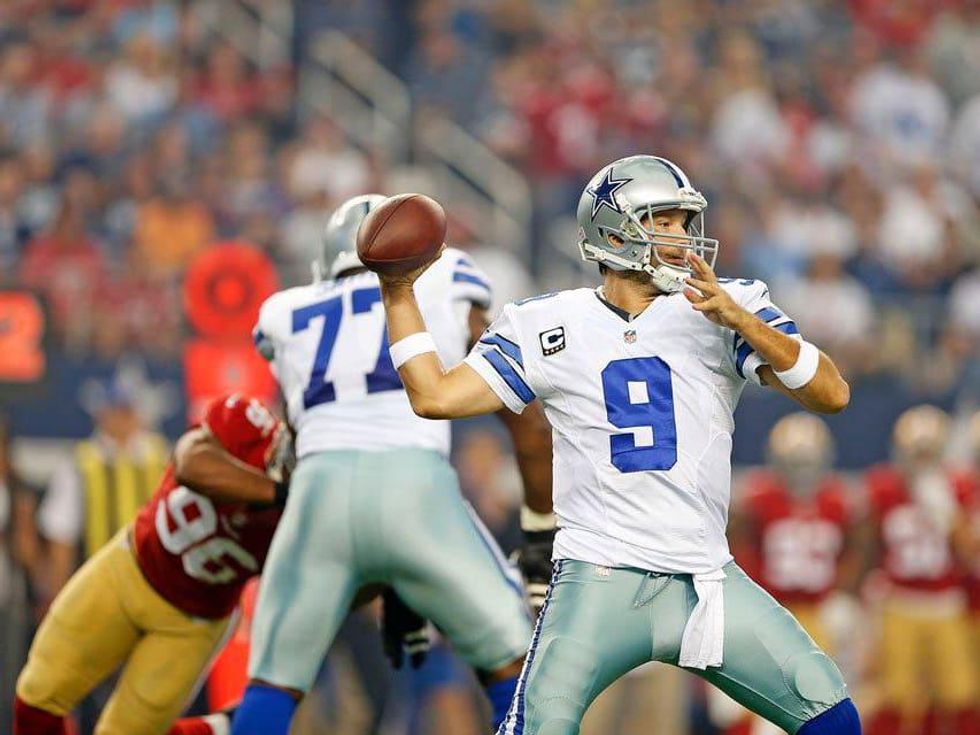
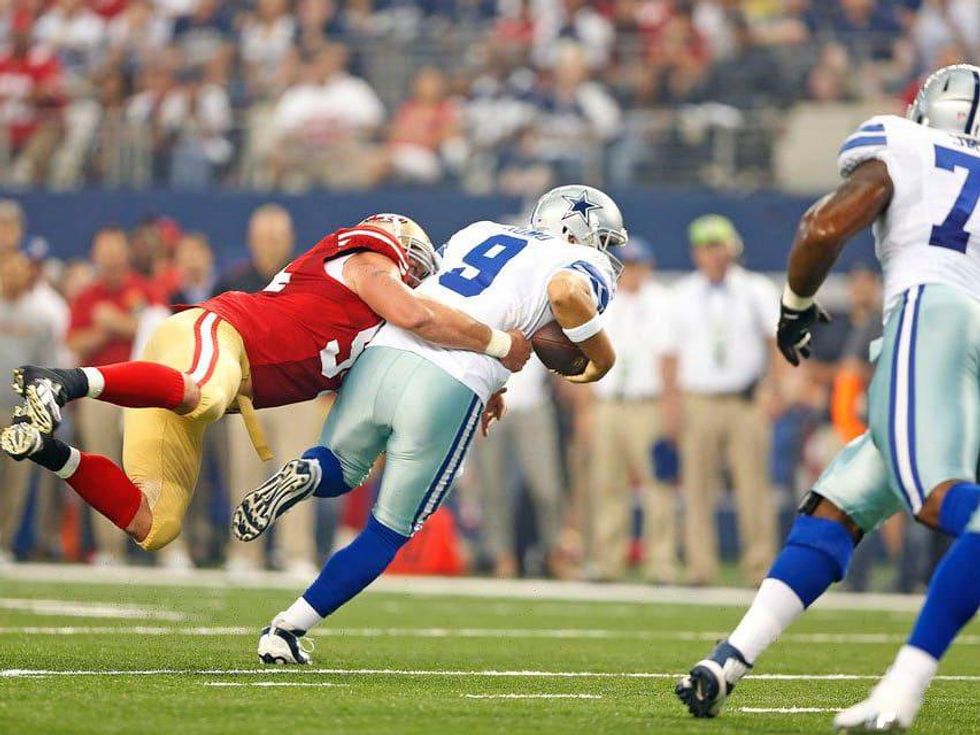
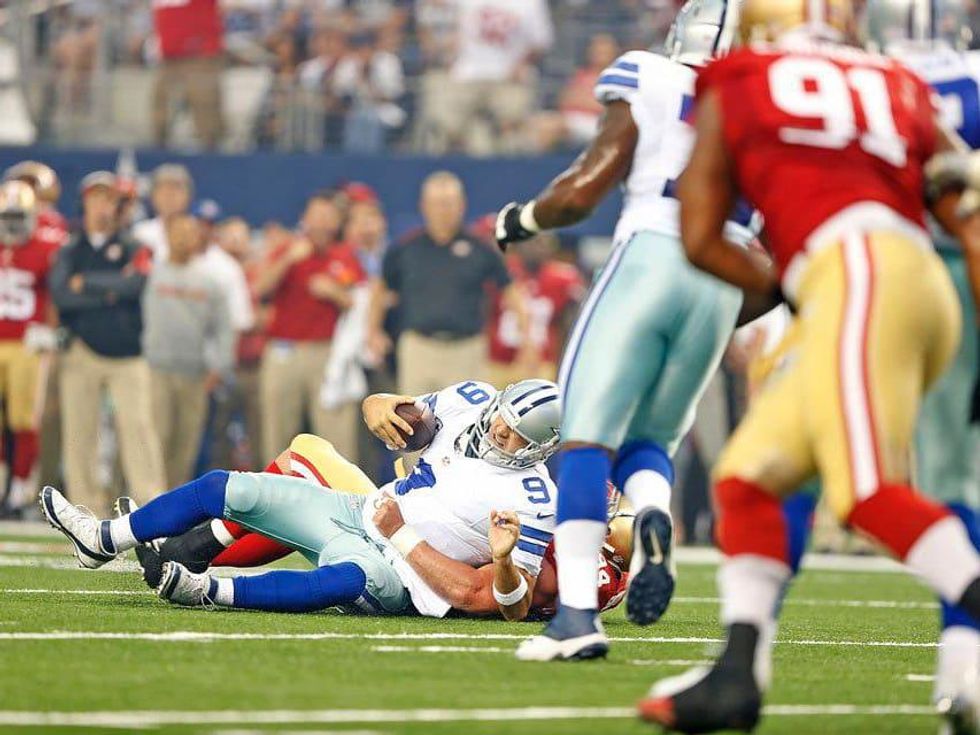
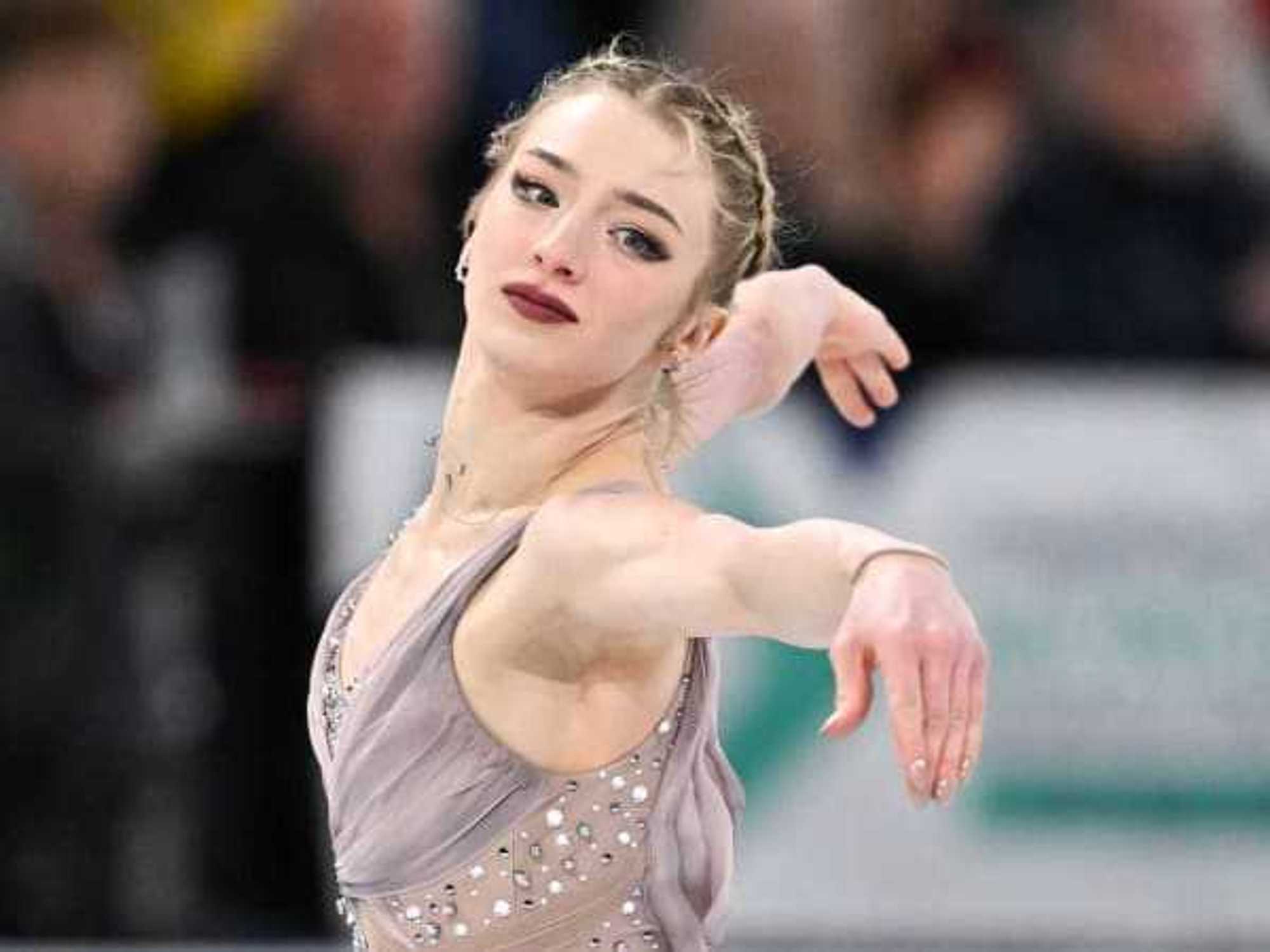
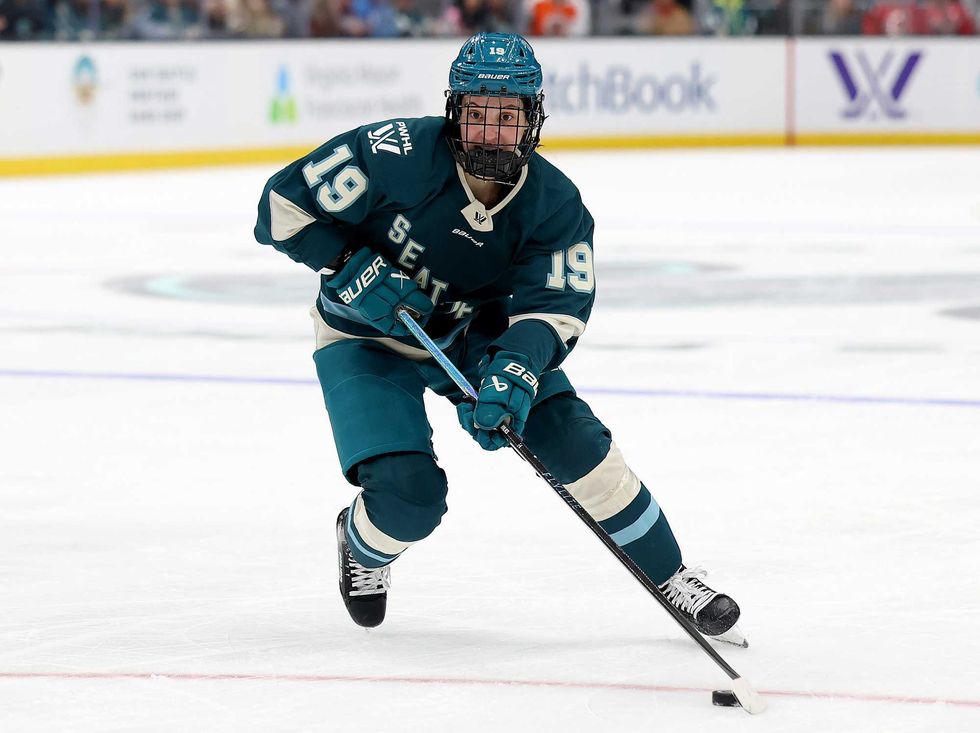 Hannah Bilka is one of two North Texans competing in this year's Games.Photo courtesy of Getty Images
Hannah Bilka is one of two North Texans competing in this year's Games.Photo courtesy of Getty Images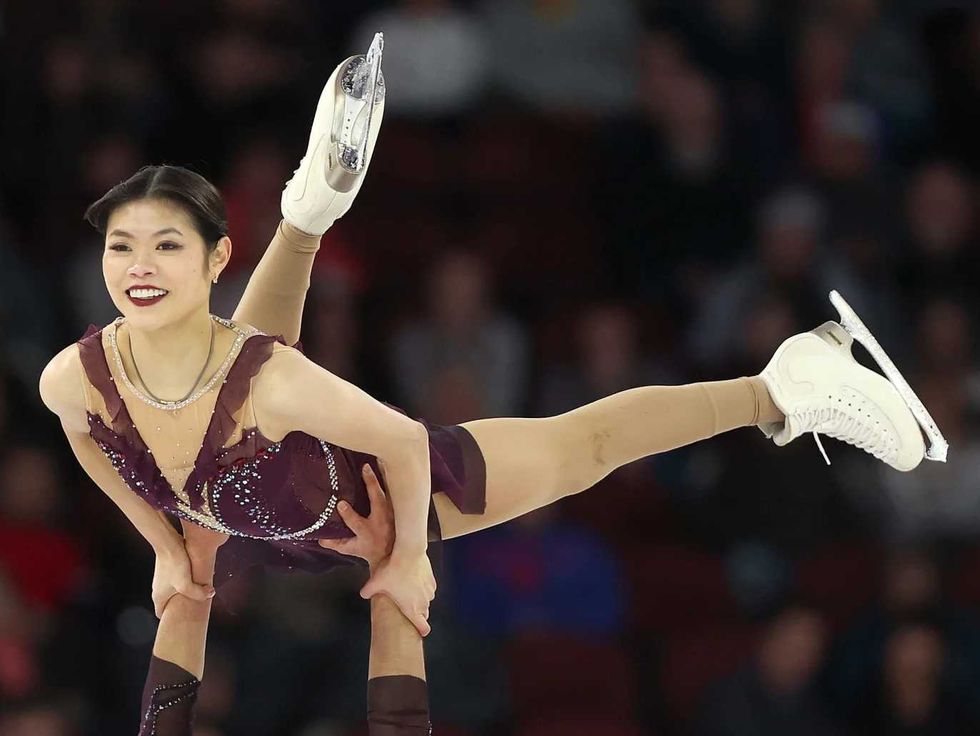 In addition to being a top-notch figure skater, Emily Chan is also trained in Chinese modern dance and ballet.teamusa.com/
In addition to being a top-notch figure skater, Emily Chan is also trained in Chinese modern dance and ballet.teamusa.com/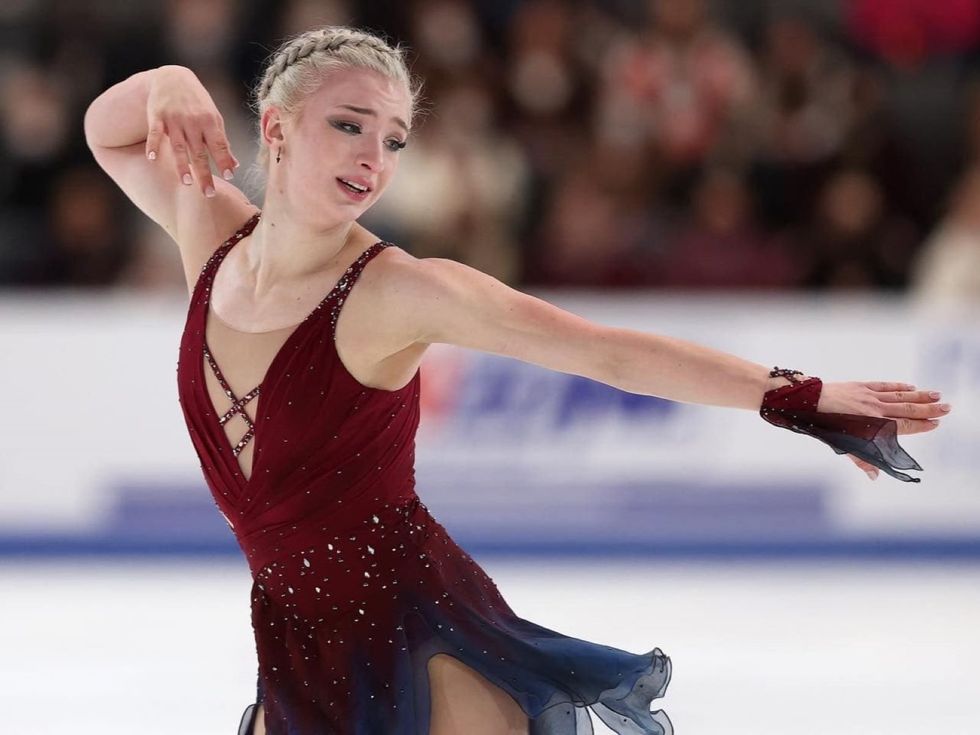 Plano's Amber Glenn will have the Dallas-Fort Worth crowd on its feet. Facebook/ISU
Plano's Amber Glenn will have the Dallas-Fort Worth crowd on its feet. Facebook/ISU 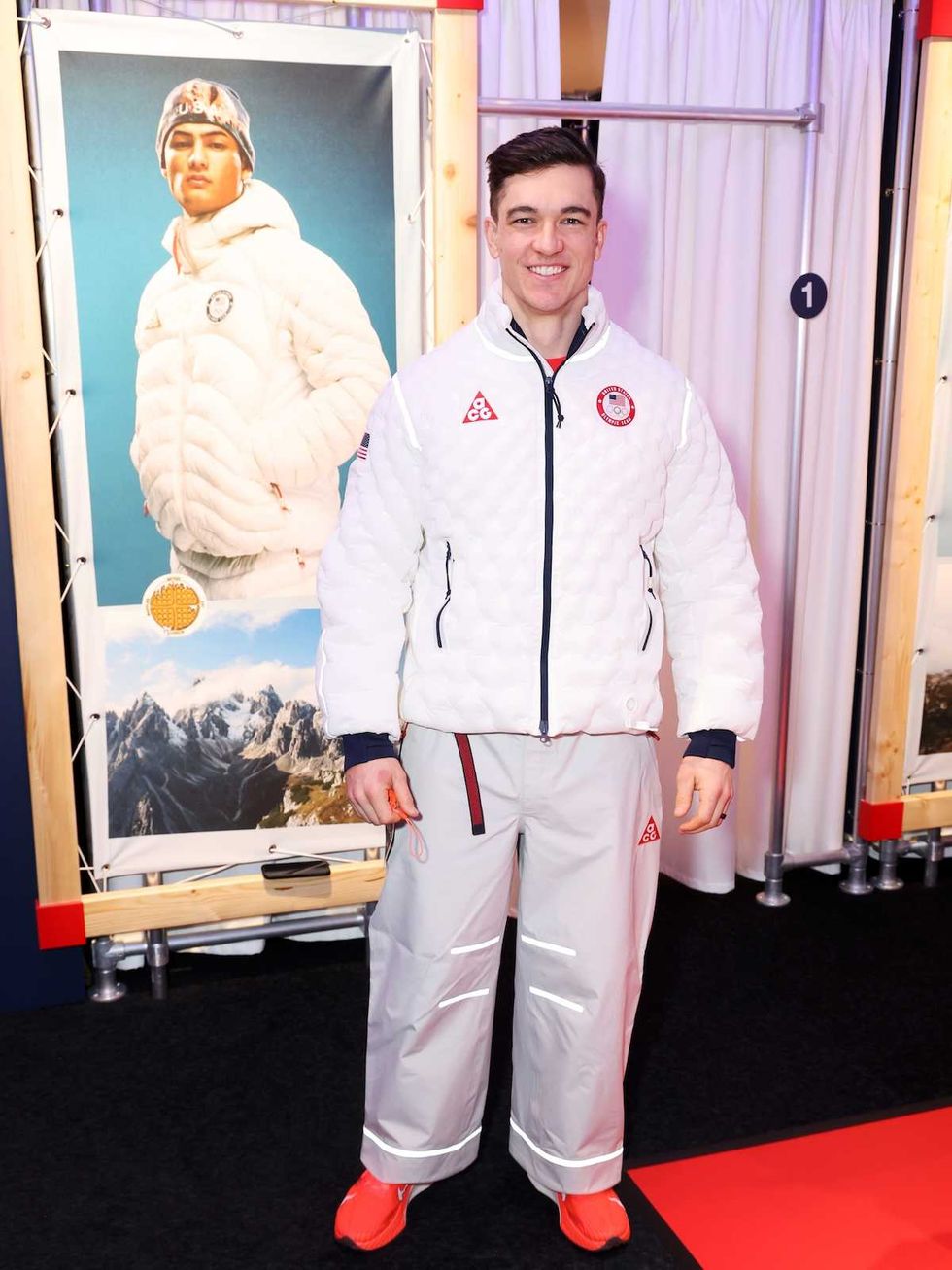 Boone Niederhofer is a former Texas A&M University football player.Photo courtesy of Getty Images
Boone Niederhofer is a former Texas A&M University football player.Photo courtesy of Getty Images